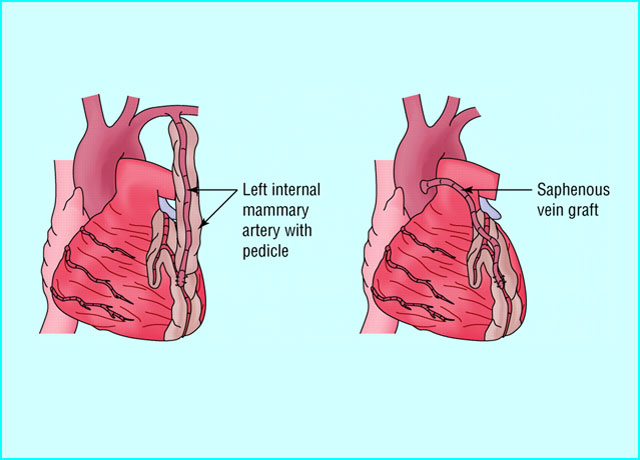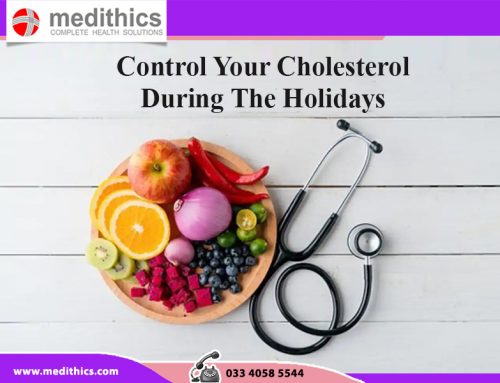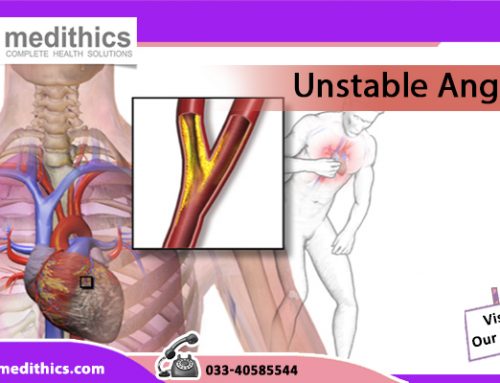Whenever there is stress due to an activity or any emotion, often a chest pain or discomfort happens. This is called chronic stable angina. It is due to poor blood flow through the blood vessels in the heart. There is an average annual mortality rate of 2-3% in patients with chronic stable angina. A cardiologist in Kolkata treats many such cases.
Causes
There should be a constant supply of oxygen to your heart muscle. The blood containing oxygen goes to the heart through the coronary arteries. There is more need for oxygen by the heart muscles when they need to work harder. If there is reduced supply to the heart muscles, there are symptoms of angina. There are various reasons behind that. When there is narrowing or blockage of the coronary arteries by atherosclerosis or by a blood clot, this happens. Coronary artery disease is the most common cause of angina. The medical term for this type of chest pain is angina pectoris.
Symptoms
Chronic Stable Angina most often has predictable symptoms. The meaning of this is that your angina may happen due to the same amount of exercise or activity. Stopping down or slowing down your exercise may result in your angina to improve or go away. A type of chest pain that occurs behind the breastbone or slightly to the left position of it is the most common symptom. There is a slow beginning of the pain of chronic stable angina and over the next few minutes, it becomes worse. If you feel any symptom, consult a heart specialist in Kolkata.
Treatment
Medicines
For treating blood pressure, diabetes, or high cholesterol levels, you may feel the need to take one or more medicines. If you want to prevent the condition of your angina from getting worse, you should follow the directions of your doctor. The chest pain may heal on the use of nitroglycerin pills or spray. You have to depend on your heart doctor for the mode of treatment that will be best for you. Blood clots can stop from forming on consuming anti-clotting drugs such as aspirin and clopidogrel (Plavix), ticagrelor (Brilinta) or prasugrel (Effient). You should take the advice of your doctor about taking these medicines.
Surgical Treatment
Medicines can help to control angina in some people and there is no need for surgery in these cases. In others, there may be the need for a procedure called angioplasty and stent placement (also called percutaneous coronary intervention). These are done to open blocked or narrowed arteries that supply blood to the heart. When angioplasty is not sufficient to treat the blockages, heart bypass surgery is done to redirect blood flow around the narrowed or blocked blood vessels.





